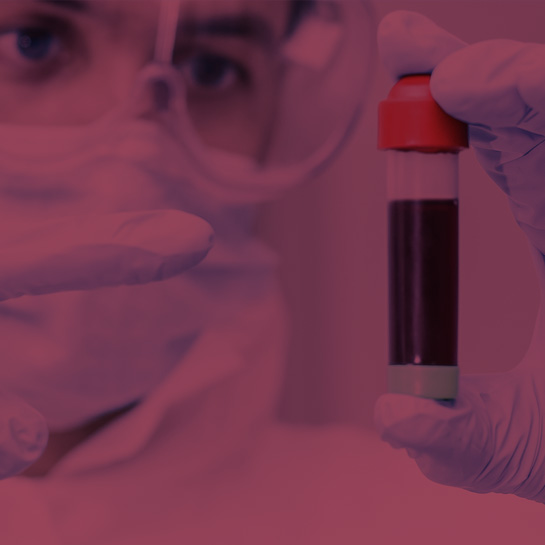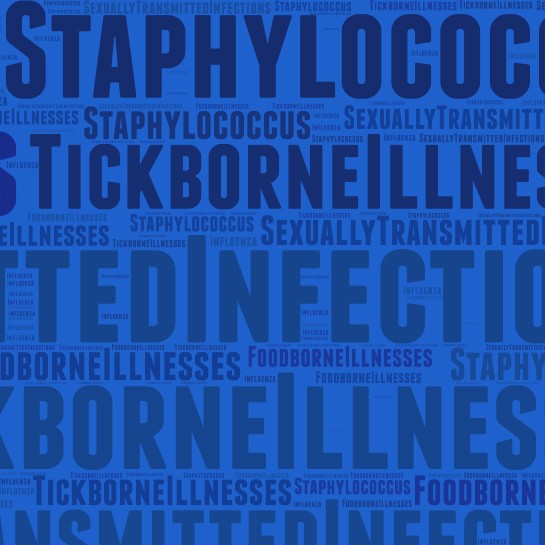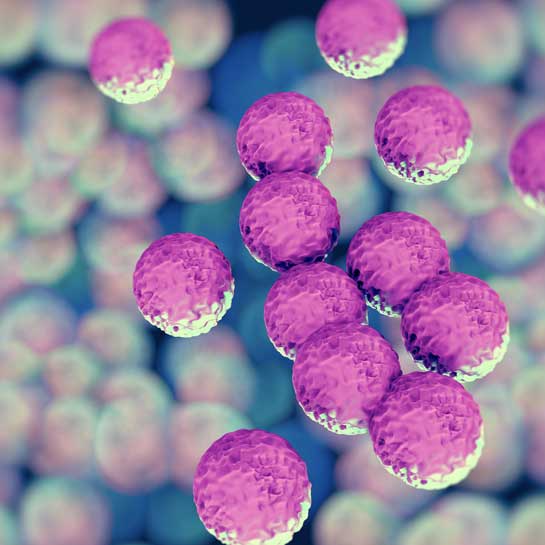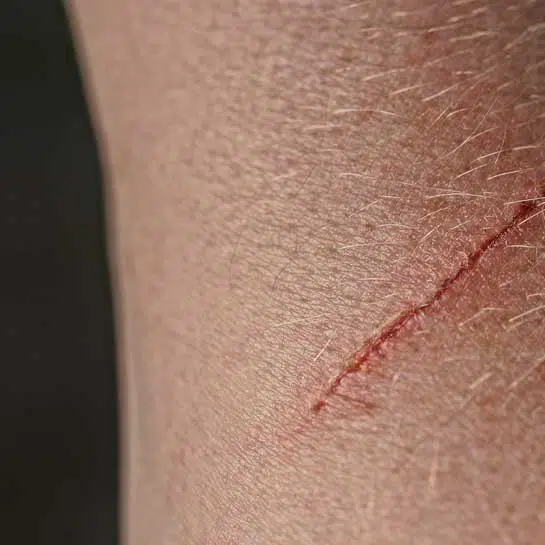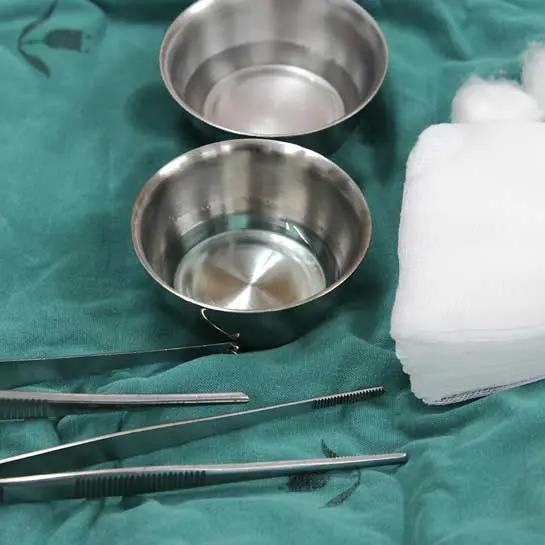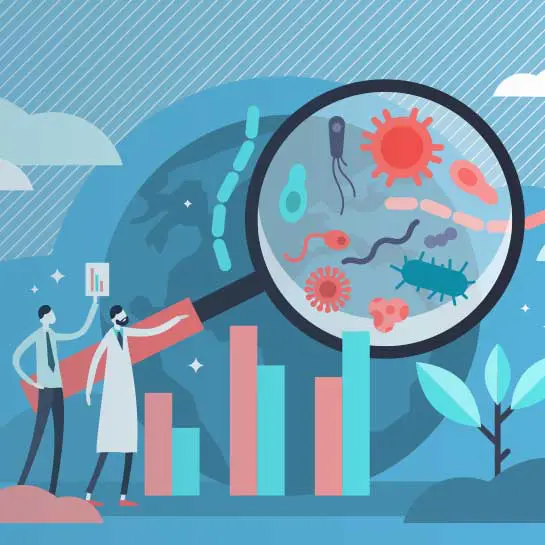Understanding
Treatment for MRSA
What is MRSA?
MRSA stands for methicillin-resistant Staphylococcus aureus — a staph bacterium that is resistant to several common antibiotics used to treat traditional staph infections. There are two main types of MRSA infection, the first being hospital-associated MRSA which occurs in people who’ve been hospitalized or live in a nursing home. Typically, hospital-associated MRSA is connected to invasive procedures or devices such as intravenous tubing or artificial joints. The other form of the infection, community-associated MRSA, occurs when individuals have close skin-to-skin contact with others, such as athletes involved in football or wrestling.
What are the symptoms of MRSA?
Generally, MRSA will start as swollen, painful red bumps that look similar to pimples or spider bites and are warm to the touch, full of pus or other drainages, and often accompanied by a fever. These bumps can quickly turn into deep, painful abscesses that typically require surgical drainage. And while some bacteria remain on the skin, others can burrow deep into your body and cause potentially life-threatening infections.
How does ID Care diagnose MRSA?
As experts in wounds and wound infections, ID Care specialists are fluent in diagnosing MRSA. Typically, we send wound cultures to the lab to identify signs of drug-resistant bacteria. Depending on your symptoms, however, we may also recommend you have a blood or urine test.
How does ID Care treat MRSA?
Although MRSA doesn’t respond to traditional staph infection antibiotics, our team does have alternate medications that are effective in treating MRSA — sometimes these treatment options do not involve antibiotics. Depending on the severity of your infection, the best course of treatment for you may be to drain the abscess caused by MRSA rather than treat it with drugs.
How can I protect myself from MRSA?
Infection control is key to preventing hospital-associated MRSA. That’s why ID Care’s Epidemiology and Infection Control program implements strategies that are proven to minimize or negate healthcare-associated infections in a variety of clinical settings — from hospitals to nursing homes, ambulatory surgical centers, and rehabilitation facilities. However, you can prevent community-associated MRSA by:
– Practicing good hygiene
– Keeping cuts and scrapes clean and covered with a bandage until healed
– Avoiding contact with other people’s wounds or bandages
– Avoiding sharing personal items, such as towels, washcloths, razors, or clothes
– Washing soiled sheets, towels, and clothes in hot water with bleach and dry in a hot dryer

